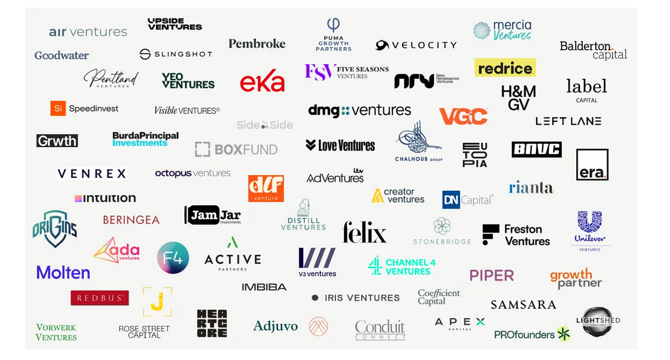Medium
2d
130

Image Credit: Medium
From Next-Gen Weather to Calm Tech to Shopping in the Google Zero Era: The Second Coming of…
- The consumer 'technology window' that produced giants like Facebook, Twitter, and Uber closed around 2014, leading to a shift favoring B2B unicorns over B2C companies by 2023.
- In 2025, indications suggest a correction in the imbalance towards consumer startups given the maturity for disruption in the existing ecosystem.
- Emerging consumer tech includes Oriux's hyper-localized weather service, hinting at a wave of innovation in consumer apps.
- AI is expected to birth new revenue-generating companies, both B2C and B2B, indicating a favorable time for consumer tech innovation.
- Market indicators signal a potential shift towards consumer tech, driven by changing demographics and resilient consumer spending, challenging the dominance of enterprise-focused investments.
- Cal AI, developed by teenagers, exemplifies the success potential in consumer apps using large language models (LLMs) and AI technology.
- European VCs are urged to reevaluate their caution towards consumer tech investments as lower valuations and AI advancements offer growth opportunities in the sector.
- AI-driven consumer tech innovations like personalized shopping assistants, circular economy platforms, and AI-enabled discovery in product offerings are showing promise in the market.
- Consumer tech renaissance is expected to create new markets through AI democratization, offering significant opportunities for value creation in the industry.
- The evolving consumer tech landscape emphasizes the importance of network effects, cultural alignment, speed in execution, and integration of AI capabilities for success.
- Investors and founders are urged to capitalize on the emerging window of opportunity in consumer tech, leveraging AI and adopting growth-oriented strategies for future success.
Read Full Article
7 Likes
For uninterrupted reading, download the app